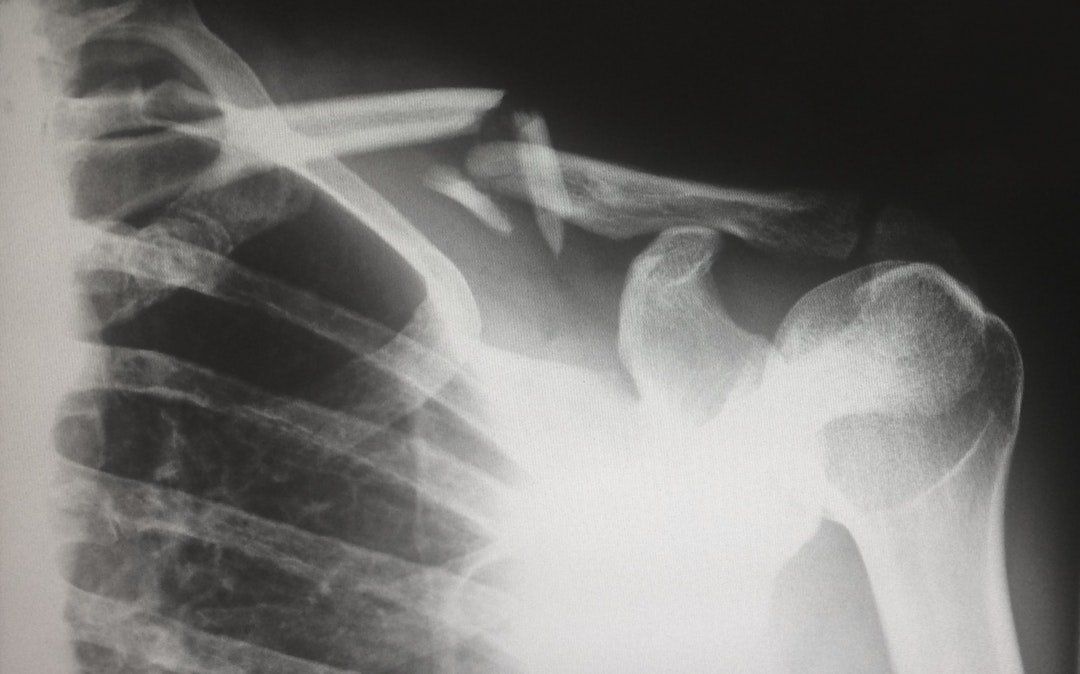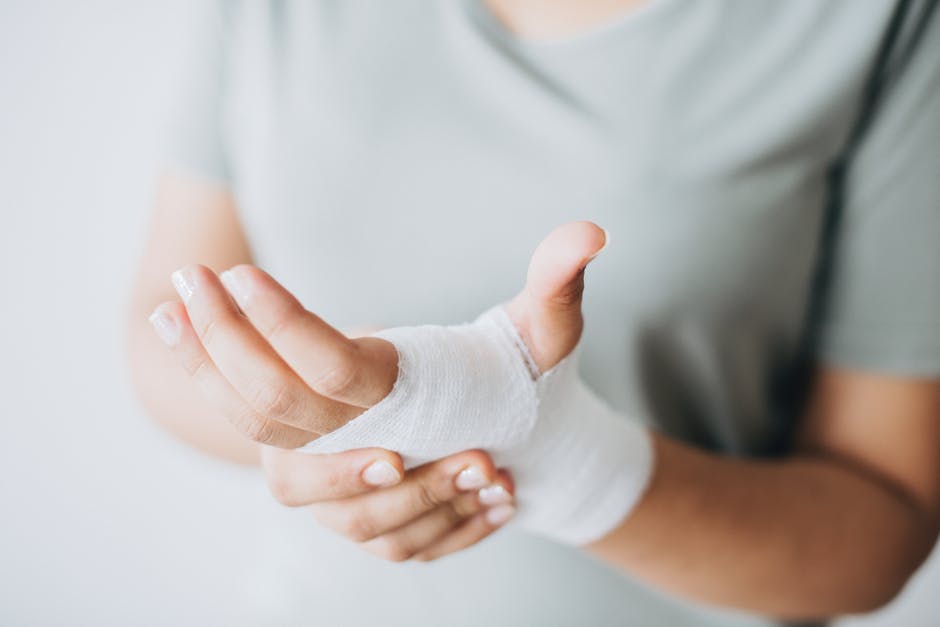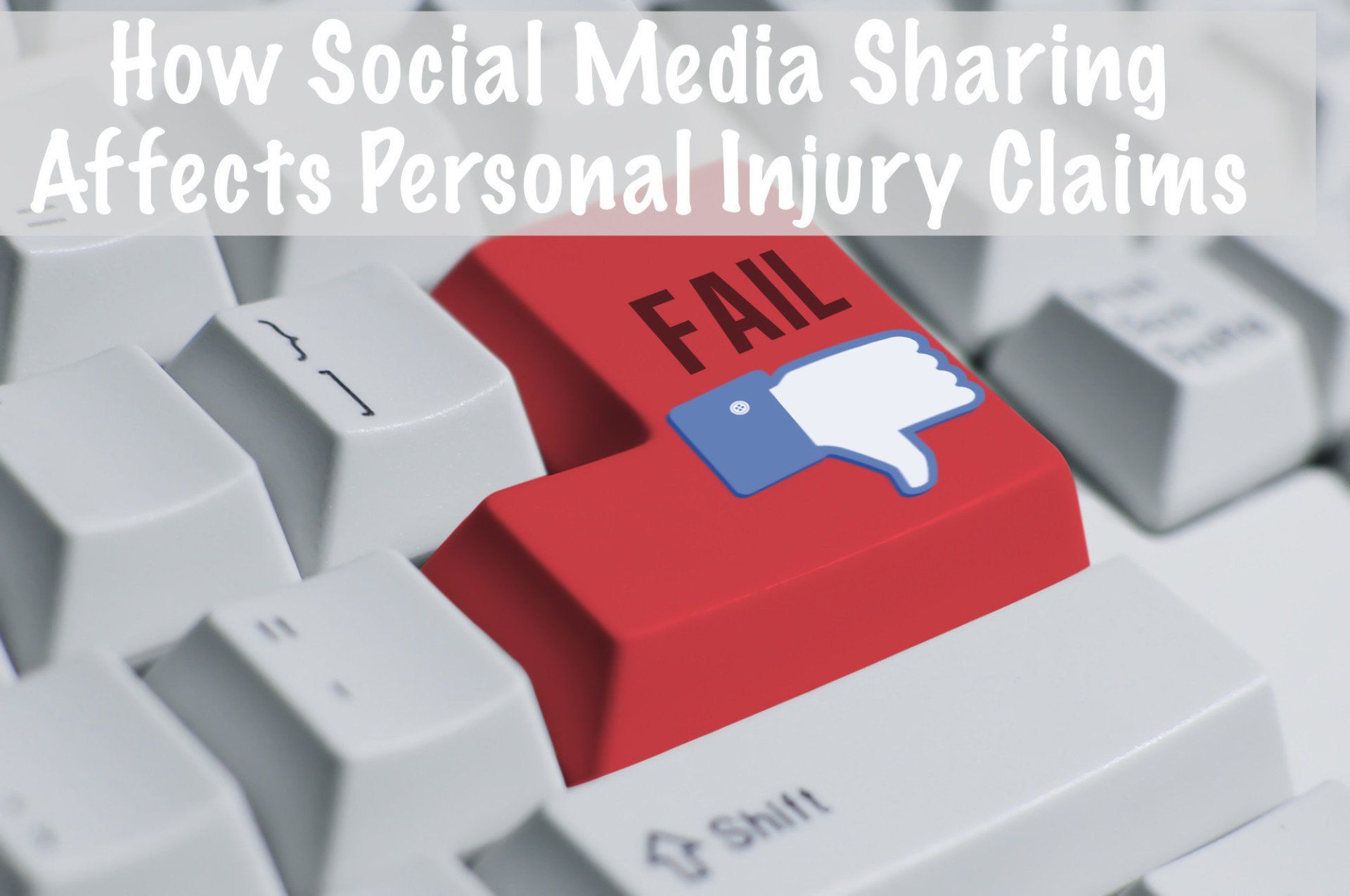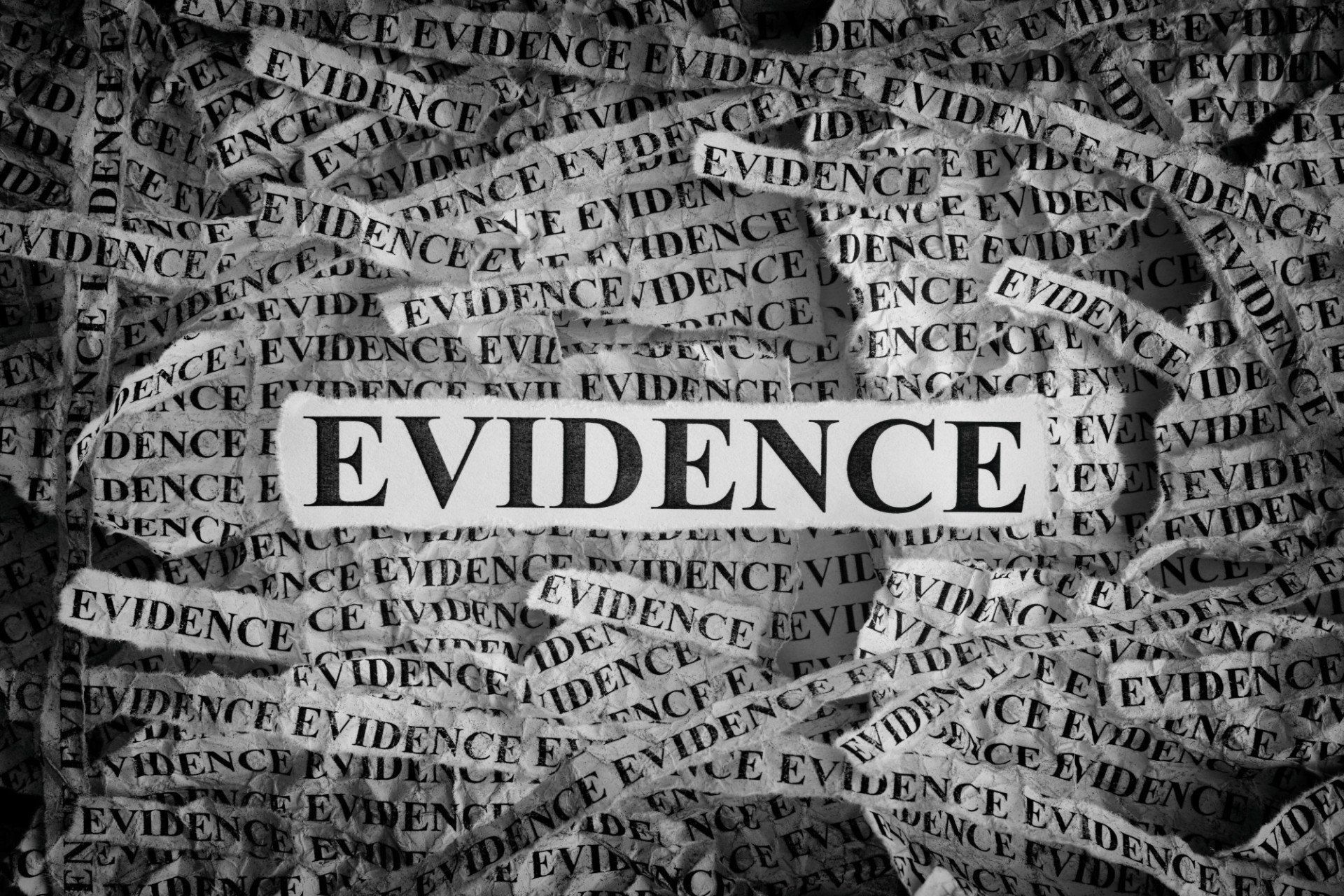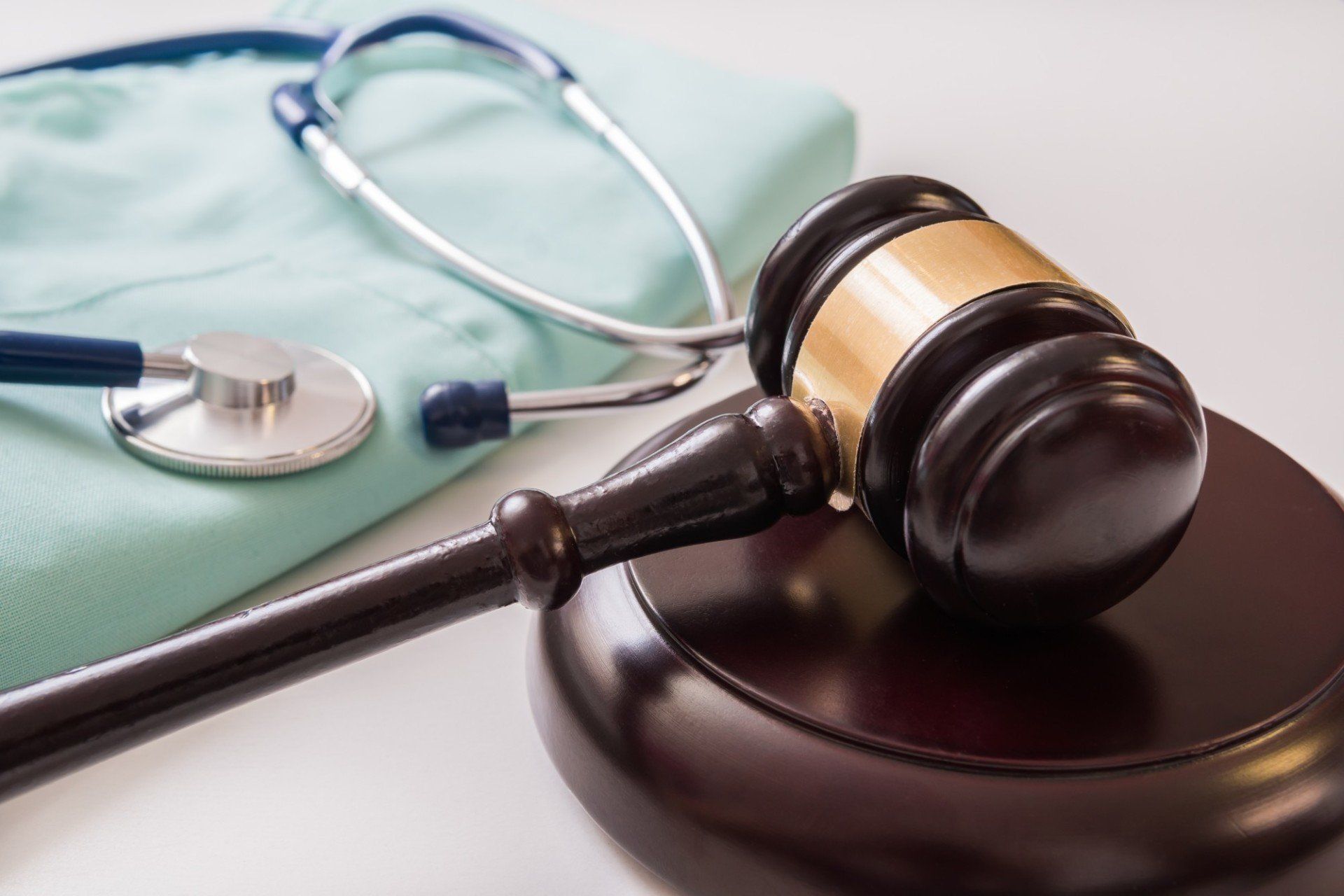Who's To Blame? How to Prove Negligence in a Personal Injury Lawsuit
Proving fault or negligence in a personal injury case is the most important step. Here's how to prove negligence so that you can win your case!
In the US, there are over 200,000 personal injury-related
deaths every year.
Millions more are injured in such cases that may result from motor vehicle collisions, medical malpractice as well as slip and fall accidents.
Such injuries may at times be purely accidental, but there are times when they result from the negligence of another party.
In such instances, the negligent party is liable to compensate you. However, before you receive any compensation, you must be able to prove your injuries were as a result of negligence.
In this article, we will look at the criteria used to settle such cases and some tips on how to prove negligence.
What Qualifies as Negligence?
From a legal perspective, negligence can be defined as the failure to take reasonable care in a situation where one’s property is expected to come into contact with another person’s property.
When it comes to personal injury claims, negligence must be proven.
For there to be negligence, it must be established that:
• An individual did something that a reasonable person in a similar situation would not do
• A person failed to do something that a reasonable person in similar circumstances would have done
For a negligence claim to be determined, there are four elements that are considered.
• Duty of care
• Breach of duty
• Causation
• Damages
A plaintiff must be able to demonstrate the four elements in order to show that the defendants’ actions or lack of precaution caused their injuries.
Duty of Care
Duty of care is simply an obligation we all have to those around us. It stipulates that we should not injure others or place people in dangerous situations.
By definition, it is quite straightforward. However, in some situations, it is difficult to assess whom the duty of care was owed to and if indeed there was duty, what exactly it entailed.
For instance, businesses need to ensure their customers, and anyone in their premise is safe. This means that reasonable safety steps should be taken and enforced regularly.
Though there are some guidelines as to how this can be achieved, they are very broad. For example, floors must be clean and free of spills, and for stores and supermarkets, dangerous and heavy items should not be placed very high.
However, when assessing the duty of care, the following questions emerge:
• At what frequency should they check for spills?
• At what height will it be considered too high?
This gives you some idea about how complex it is sometimes to prove duty of care.
Breach of Duty
Once it is established that there was a duty of care owed, the next step becomes demonstrating that the person who owed it did not live up to it.
In other words, breach of duty exists when someone creates or allows a dangerous situation to escalate.
Determining whether the duty of care was not sufficiently can be an uphill task. However, it can be easy to prove in situations that are adequately catered for by regulations.
Such instances include exceeding speed limits, drunk driving, or failure to adhere to street lights.
Causation
Proving that the accused had a duty of care that they breached does not necessarily mean that your claims will be validated. At this point, the plaintiff must prove that the injuries sustained were indeed caused by the breach of duty.
For example, if you sustain injuries after falling on a wet floor in the supermarket, you have the grounds for filing a lawsuit.
However, even if a portion of the floor is wet but you slip on the other side of the supermarket where the floor is dry, your injuries cannot be associated with the negligence.
When determining causation, it is also considered if it was within reason for the defendant to foresee that their actions could cause injury.
At times the defendant’s actions may have been the cause of injury but in an unexpected manner. For such instances, there is a possibility that the defendant is not found liable for damages.
Damages
Other than bodily harm, damages refer to the various effects accidents may have. These include damage to property, trauma and emotional distress, medical bills, and also lost income.
Once the other three elements have been proven, the extent and effect of the damages are assessed in order to determine the amount of compensation you will receive.
Tips on How to Prove Negligence
Winning a personal Injury claim is a matter of proving negligence. How you act during the moments following the accident will be very important once you file a personal injury claim.
It is therefore important that you take the right actions like failure to do so will be used against you.
Seek Medical Attention
After an accident, the first priority should be ensuring that you are okay. Get checked and alert the medical practitioner of all the injuries you may have sustained. It is important to reveal everything, even if it seems minor.
Talk to Witnesses
Sometimes accidents may be just that. Before you proceed to make claims of negligence, seek the opinion of the witnesses. Take their contact details if they back your assertions. Their statements will help strengthen your case.
Take pictures
When you finally proceed with your claim, it will be important to have evidence other than eyewitness accounts. Take as many pictures of the scene as possible. Make sure you do so from every angle.
Make a Formal Report
This is especially important for slip and fall accidents. Suppose you trip on a faulty staircase in a mall and hurt your leg.
It is important to alert the building manager of the incident. You should also ensure that they give you an acknowledgment of receipt of the complaint.
Get an Attorney
It is important that you hire a personal injury lawyer to ensure that you get the compensation that you deserve.
Insurance companies deal with such cases on a daily basis. They have departments whose sole aim is to reduce the amount paid out during claims as much as possible.
They will try everything possible to invalidate your claims or cause you to contradict yourself. With a lawyer, you will not have to deal with them directly.
How to Protect Your Claim
Now that you know how to prove negligence, It is important that you avoid practices that can affect your case.
It is essential that you keep off social media during the period of your settlement case. Any posts that may contradict your injury claims could be used to reduce the settlement you receive.
The law office of Rick Koenig is specialized in personal injury claims and ensures clients get fair compensation. Contact us today for a free consultation.

